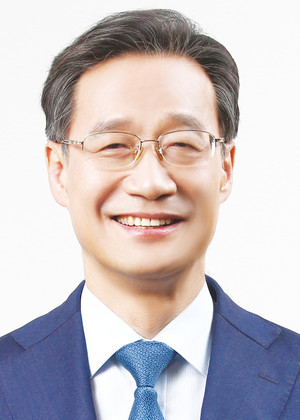[라이센스뉴스 최인철 기자]On the 5th, Rep. Yu Dong-soo (deputy chairman of the Democratic Party’s Policy Committee, Gye Yang-gap, Incheon) representatively proposed the’Amendment of the Act on the Promotion of the Game Industry’ on the 5th.
The amendment prohibits the sale of so-called’Complete Gacha’ products, which are banned in Japan due to accurate disclosure of game probabilistic items and excessive speculative induction. Contains the content that grants the authority to investigate.
Game companies are using’probability-type items (random box, gacha, etc.)’ that acquire some of the products designated in the form of’drawings’ as their main business model (BM). In the current law, there is no provision for disclosing detailed configuration information and probability of appearance of probability-type items, so consumers cannot accurately know the expected utility of the probability-type items they purchase.
Game companies are releasing probabilistic items, including products that increase the convenience of game progress or give them an edge in competition among users to increase purchase desire. Most of the products that correspond to the’first prize’ that users actually want to pick appear with a rare probability. In order to obtain the desired product, consumers are forced to repeat purchases’until they choose,’ leaning against a low probability, or to judge the amount they have spent so far as sunk costs and give up.
Game consumers have criticized the excessive speculation of probability-type items and have demanded that accurate probability information be disclosed with a minimum’right to know’, and game companies have also disclosed probability information through self-regulation.
However, even if game companies unilaterally disclose probability information as much as they want, they can receive a self-regulatory compliance mark, so that information that users truly want, such as’Cube’ of’Maple Story’, is excluded, or another probability in probability items Self-regulation has been made famous by such a method as to make’Complete Gacha’ with extreme speculativeness by putting in type items.
In particular, self-regulation does not have any deterrence as no sanctions exist even if it is confirmed that the information disclosed by the game company is correct, and even if the information is incorrect.
In fact, in a series of popular games such as’Maple Story’ and’Mabinogi’, suspicion has been raised as to whether the probability of the item’s appearance has been manipulated in a direction that is’unfavorable to consumers’.
Even in the position sent by the Game Industry Association, the answer was that it was difficult to disclose even game companies because they could not know the exact composition probability, and they admitted that the current self-regulation is not accurately implemented. Yu’s analysis is that effective consumer protection is no longer possible with self-regulation alone.
Rep. Yoo stated in the revised bill ▲The exact composition probability or expected value of the probability-type item was disclosed in the law ▲The sale of’Complete Gacha’-type products criticized for excessive speculation ▲The game company manipulates the probability for its own benefit or corrects the wrong probability. When presented, it contains a content that gives a penalty of not more than three times the profits earned therefrom.
Considering the characteristics of the game industry, even if the probability announced by the game company was different from the actual applied probability, it was not intended to deceive users and obtain unfair profits, but also included exceptions for cases where a simple technical error occurred, preventing overregulation.
Rep. Dongsoo Lee said, “As regulations on the speculative nature of probabilistic items are beginning worldwide, if the BM of game companies that are buried in probabilistic items and focus only on short-term profit cannot be fundamentally modified, the Korean game industry will become Galapagos and It has no choice but to be cut off from the market,” he pointed out.
He added, “As game companies are pursuing the acquisition of plates for entry into China, which enforces stronger legal regulations than ours, I believe that they will not show a betrayal behavior that neglects consumer protection only in Korea.”

